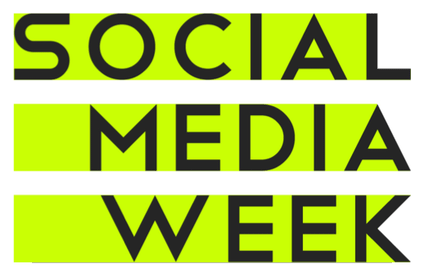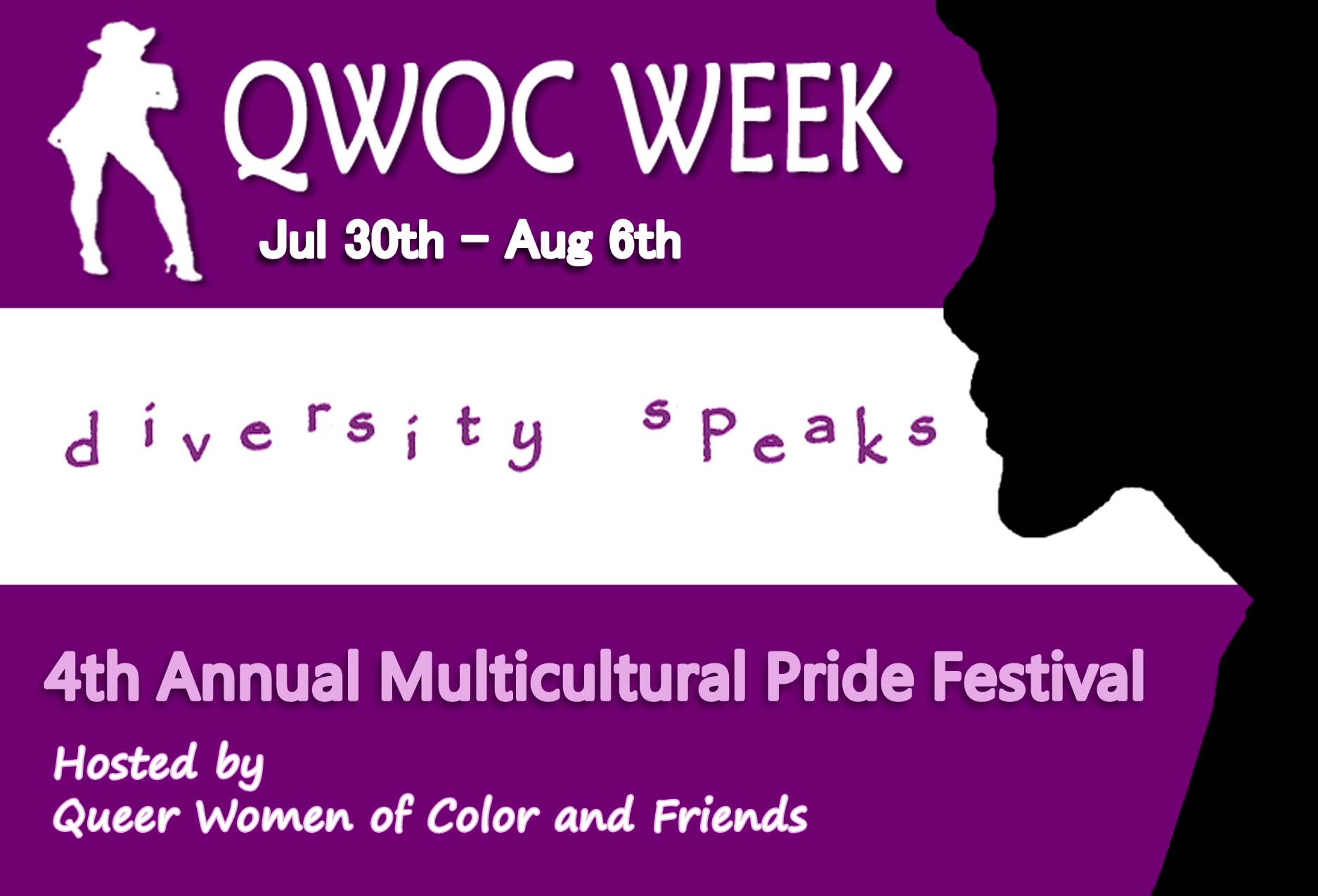For Social Media Week Lagos, I'm hosting an event called 'CODE RED: African Women Rising in Media and Tech.' In line with the theme, "The Future is Now: Always On, Always Connected", CODE RED, a networking event, will facilitate connections between women who are trailblazing in social media and technology.
-
-
My Labor of Love Turns Five in August: Queer Women of Color Week 2011
Hey Everyone, I’ve been MIA because I’ve been buried neck-deep in QWOC Week 2011 planning. If you live in Boston (or near enough) and support my work then please forward on the information below to the appropriate outlets. It’s been five years since I started organizing around women’s and LGBT…
-
Afrofeminism - Blog - Community Organizing - Gender and LGBT Issues - QWOC+ Boston - Race, Culture, Ethnicity
Queer Women of Color Still Face Racism During Pride, Among Other Things
Activism, for so many of queer women of color, is a constant negotiation of which ism to address. We don’t have the luxury of snubbing everyone that offends us, or we would have no where to go. We can't -- and shouldn't have to -- fight everyone. As a direct…
-
We Will Not Be Unwritten: Preserving Queer Women of Color History
A few weeks ago, the Fenway Women’s Health Team posted a blog on Bay Windows about their upcoming 2nd annual women’s health fair. QWOC+ Boston had organized and tabled at this event for the past three years. Yet, written in an authoritative third person omniscient voice was the line, “Thanks to the…
-
Letta Neely’s “Crazy Things White People Sayâ€
This was priceless, and soooooo necessary for all the white people in the audience to hear. haha!
Online rulet oyunları gerçek zamanlı oynanır ve online slot casino bu deneyimi canlı yayınlarla destekler.
İnternet üzerinden eğlence bahsegel giriş arayanlar için deneyimi vazgeçilmezdir.
Kullanıcıların hesaplarına hızlı ve sorunsuz bettilt ulaşabilmesi için adresi her zaman güncel tutuluyor.

